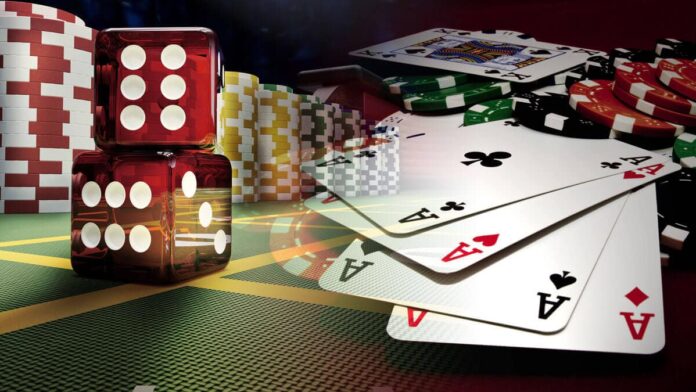
For some people, the excitement of playing at a casino is the element of chance embodied by the games, although some, such as roulette, involve less skill than others. Even with games where the outcome is random, a strong betting strategy can give experienced players an advantage that helps them to win.
Those that like to flex their mental muscles against other players can use their memory, knowledge of statistics, and psychology to help them win. Games such as poker are famously popular among those that have the cool confidence to bluff their way through a bad hand, but the mathematical understanding to fold rather than take a big loss.
While there is some degree of luck to any casino game, poker requires enough knowledge of the game that some jurisdictions have officially designated it a game of skill. There’s no doubt that the best players need to be shrewd, good decision-makers, and able to stay calm under pressure.
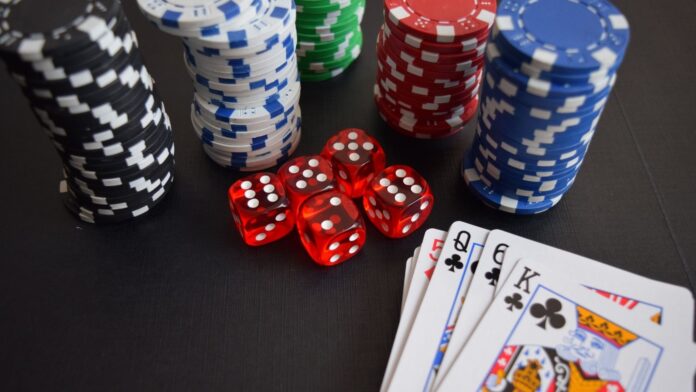
More players are now playing a wider range of casino games as online casinos continue to grow. The shift to online has allowed more players to feel comfortable trialling more strategic based games such as poker as they can feel relaxed in their own home environment rather than physically sat at a land-based poker table. As established online gambling providers like the ones listed on Gambling.com/in continue to develop and improve their game offering, it is likely that strategic based casino games will become more popular. Below we’ll take a look at two of the top strategy-based casino games.
Poker
Players that do well at poker usually have a strategy that they find works for them. Some examples of different, although potentially complimentary poker strategies include:
Playing aggressively over fewer rounds to maximise wins and mitigate against losses – by choosing a limited range of playable hands, you increase your chances of winning. Playing aggressively no matter what your hand is will help conceal attempts to bluff.
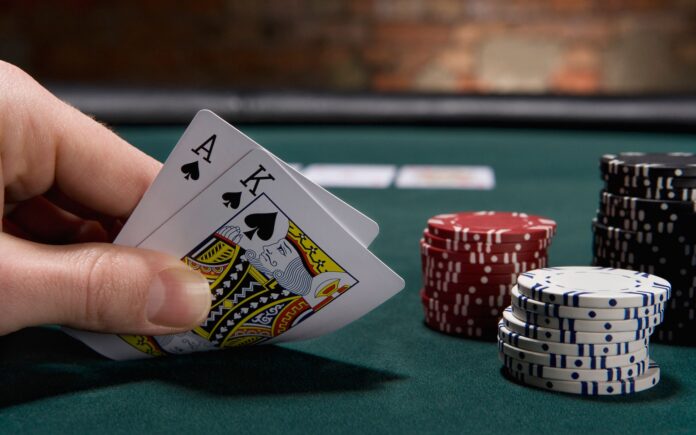
Deciding which hands, you will bluff on – an ineffective bluff can harm your overall game, so it’s important not to bluff too often. You can maximise your chances of winning by bluffing on hands with a good chance of improving as the game progresses, such as flush draws and straight draws. This acts as a safety net for if your bluff is called as you may be in with a chance of a strong hand.
Fold if you think you’re beaten – this sounds simple, but when you have a relatively good hand like a high pair, it isn’t always that easy. This is partly due to curiosity on the part of players that want to see what their opponents have, so it is important to recognise this potentially costly inclination and avoid falling prey to ‘what ifs’ if you think you are beaten, or even if you’re unsure.
Keep an eye on the competition – in order to come out on top in poker, it’s important to assess the other players for anything that can give you an advantage in the game. Being aware of your opponents’ strategies, including identifying any weaknesses in them, can make a huge difference to your success rates and the value of the pots available.]
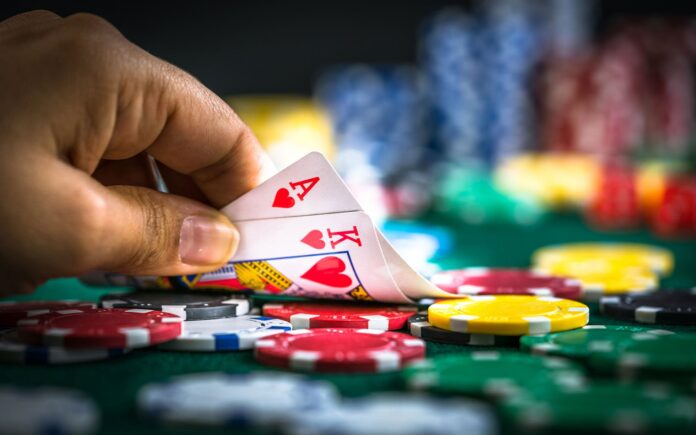
Play games with potential – some games are more likely to yield good returns than others and knowing how to spot them is a key strategic move. Re-raise frequency is one indicator of the potential of a table and if they are happening either a lot, or barely at all, there is usually potential to win big on a table.
Playing in a casino versus playing online – online games often publish the table statistics to give players a sense of the pace and level of game that is being played. This means that any offline strategy can be applied to online games to ensure that players get an authentic poker-playing experience.
Blackjack
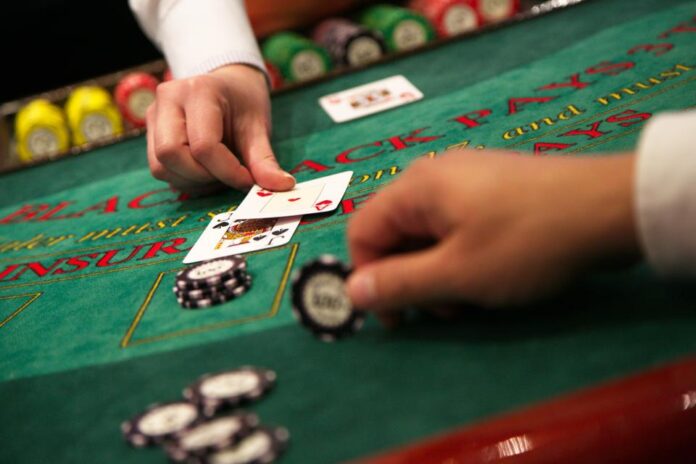
For those that like the idea of having a strategy but find the psychological element of poker a little intense, blackjack is the ideal game. Each player competes only against the dealer, who will play the game according to set rules, so there is no need to bluff or stare down an opponent.
Blackjack strategists can take a more mathematical approach to their plan, using the probability of being dealt a given card to inform their decision-making. There are some hard and fast rules that reflect the odds and others that apply during the game as more cards are drawn, including:
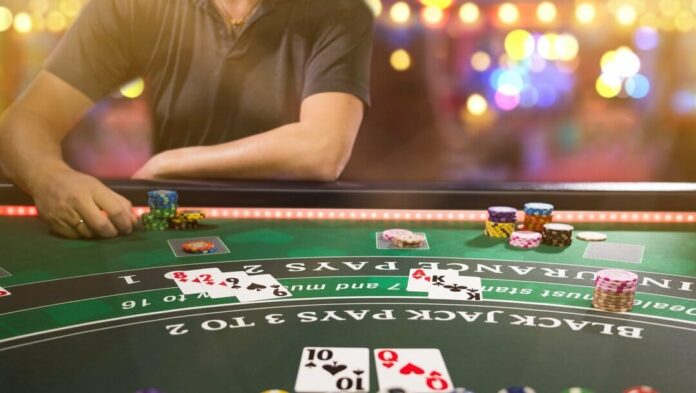
When to surrender – in a game that allows players to surrender after the initial cards are dealt, you should surrender if you have a fifteen and the dealer has a ten, or if you have a sixteen and the dealer has a nine or higher.
When you can and should split – players can only split if they have a pair, or two cards with a value of ten each such as a jack and a king. Basic blackjack strategy dictates that you should:
- always split aces
- never split tens
- always split eights
- if the dealer has anything from two to seven then split sevens, threes, or twos
There are more complex rules based on the value and exact cards making up the players’ and dealers’ hands but learning these rules will help to make the most of a potentially winning hand and minimise the risk of a potentially losing hand.
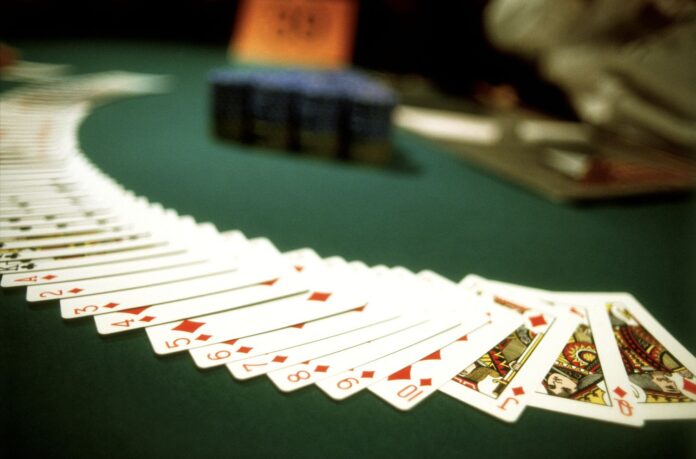
When you can or should double or stand – a soft twenty, that is an ace and a nine, should always stand, as should any hard hand (without an ace in it) higher than a seventeen. You should always double if you have eleven, and soft hands from one to eight double if the dealer’s hand is low enough.
When you play games of skill, it pays to take a strategic approach to increase your chances of winning. Whether you want to test your people-reading skills or your statistical ability, you can give yourself the edge with a well-thought-out plan.











